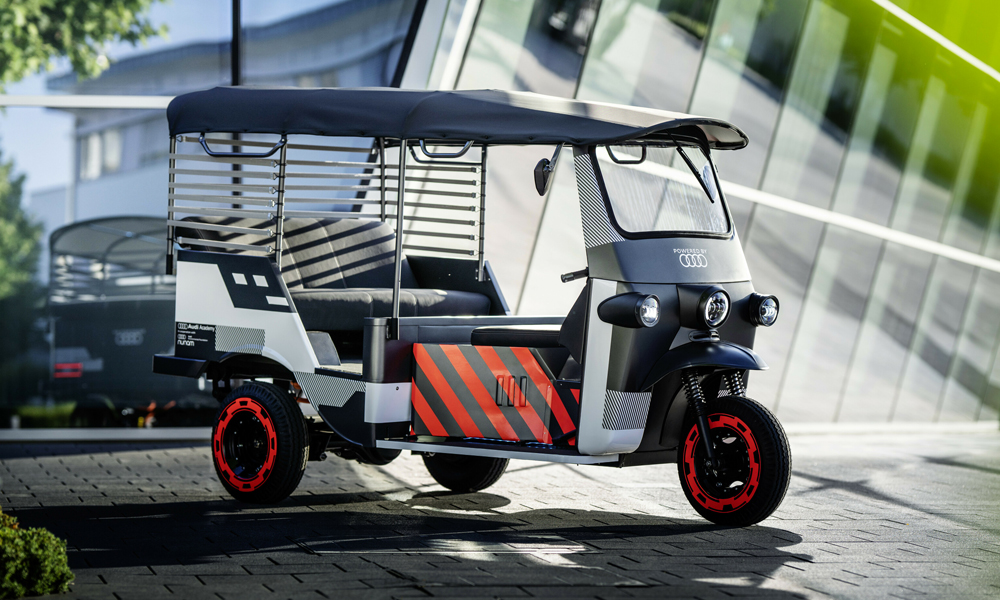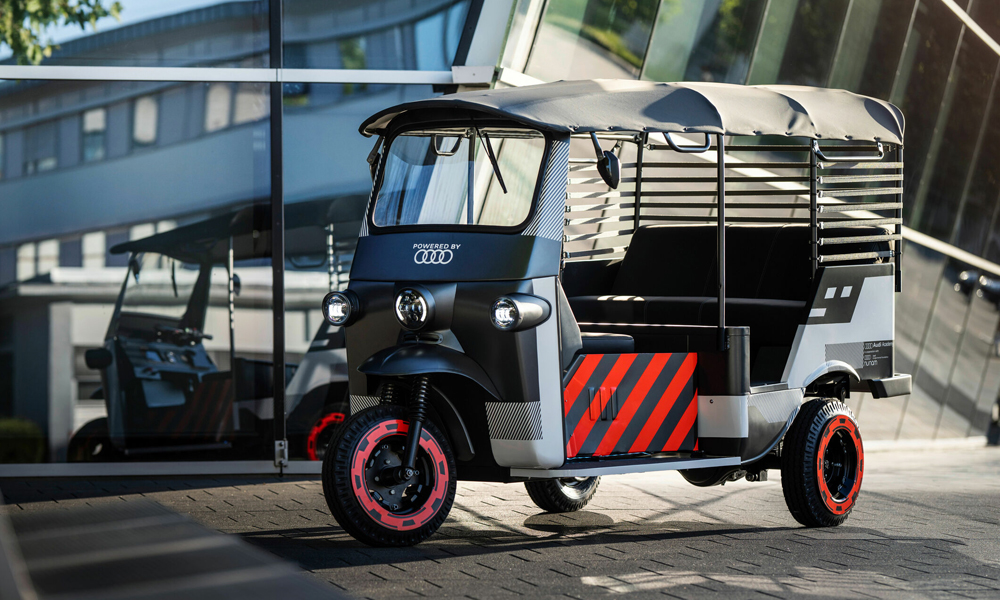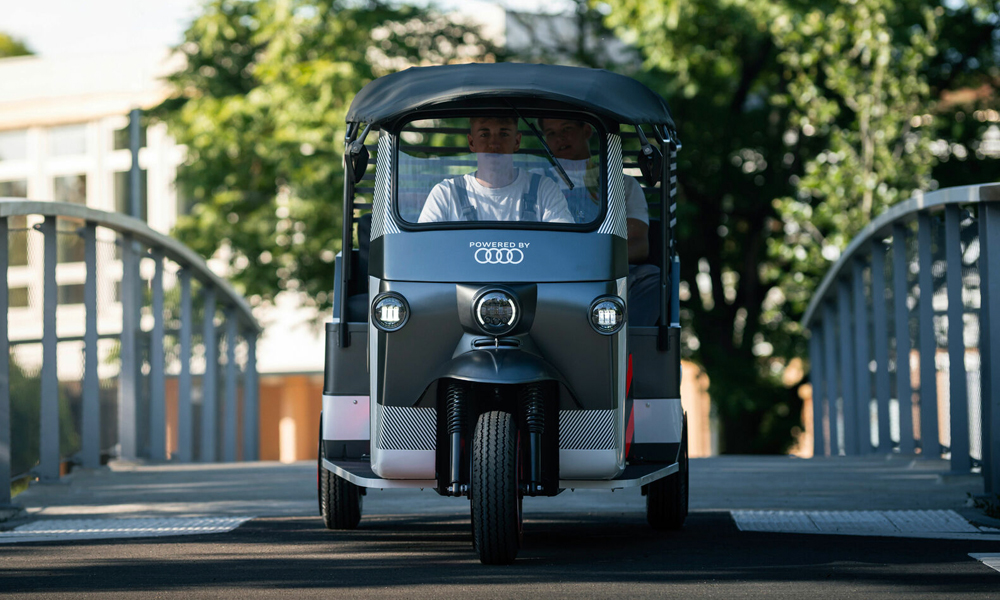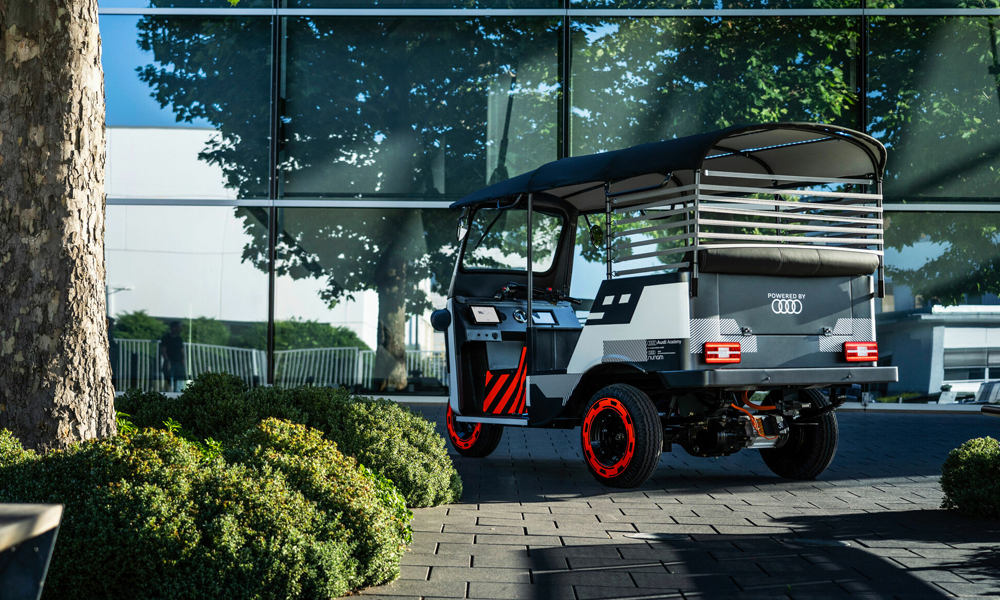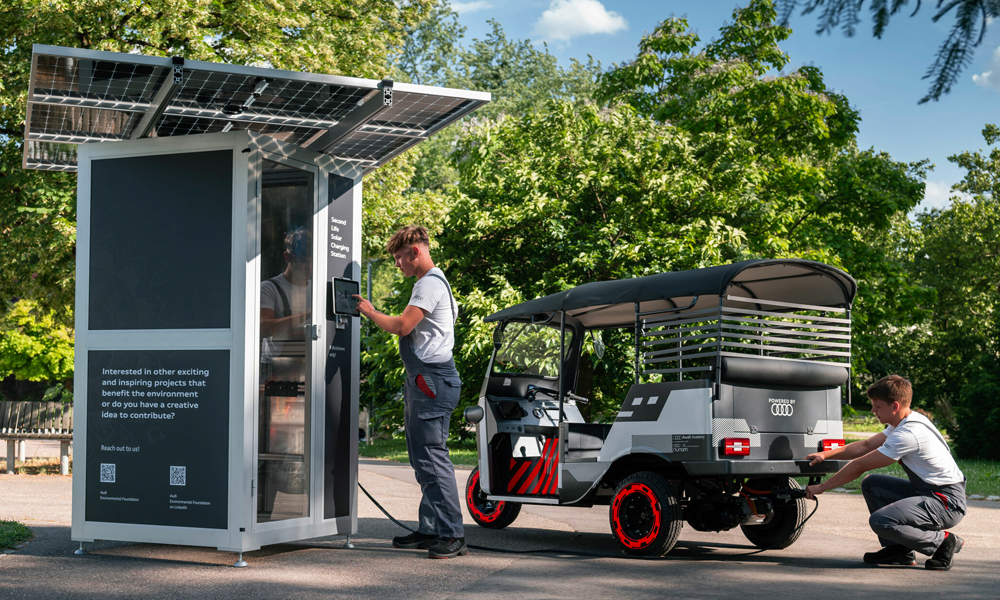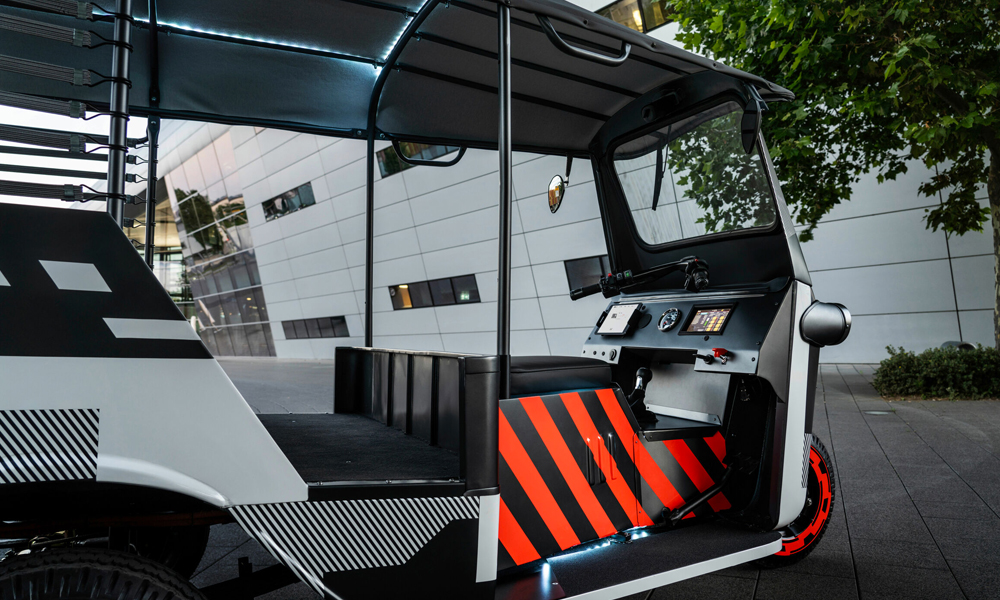Old EV batteries still present a problem, but Indian non-profit startup Nunam has thought of one way to make use of them. They’ve collaborated with Audi to use them in, of all things, electric rickshaws. They make use of old battery modules directly from Audi E-Tron electric SUV prototypes. While they might not work for cars anymore, the remaining juice is more than sufficient to power lighter, smaller vehicles like rickshaws. There are only three of them right now, and they will be used to benefit a non-profit. These rickshaws are also a precursor to very original uses of old EV batteries, including third-life uses like powering lighting, as well as other potential efforts.
More Misc
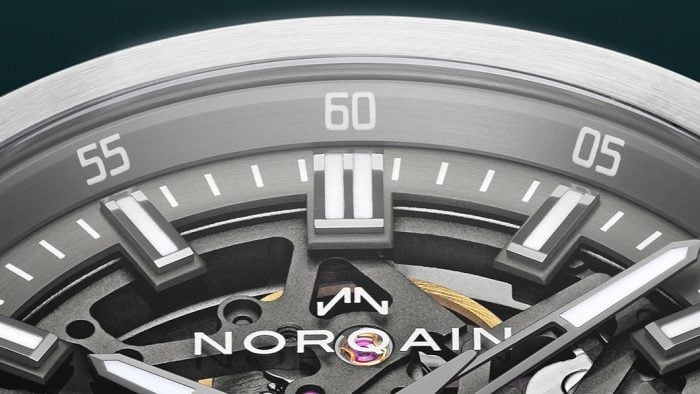
Why NORQAIN Might Be the Best Swiss Watch Brand You Haven’t Looked at Yet
Independent, family-owned, quietly earning its place on the wrists of serious athletes (Sydney Crosby, et al.) and serious collectors alike.

How PITAKA’s Sunset Collection Is Shaping the Future of Emotional Design
High-performance tech gear meets pure visual poetry.

Wellen Performance-Lined Swim Trunks, Reviewed by a Swim Trunk Skeptic
Could these be the shorts to end all my swimwear complaints? Tried, tested, reviewed.

